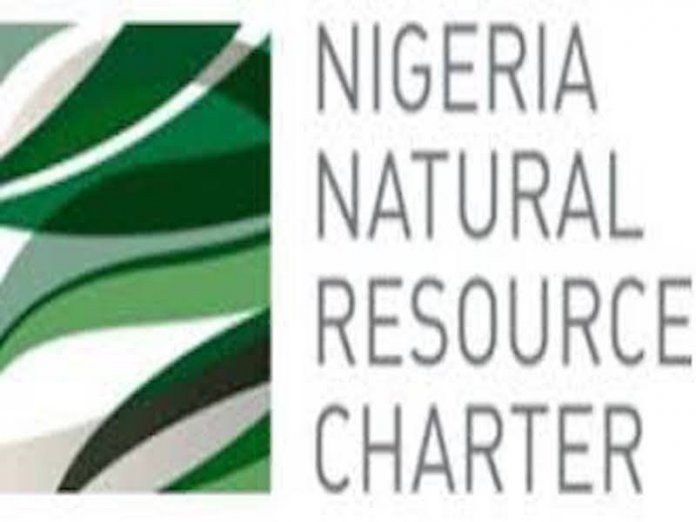NNRC Policy Brief: Improving The Management Of Resource Revenues For Sustainable Development (I)

Introduction: In most business schools and development economics classes around the world, Nigeria is used as a textbook case of “resource curse”. With more than USD 1 trillion earned from oil revenue since inception, the country is still ranked high in major underdevelopment indicators such as poverty, infant and maternal mortality among others.
A comparative analysis of resource-rich countries, however, indicates that development outcomes hinge not strongly on the resource endowment per se, but crucially on effective management and governance of the resource. This is a major conclusion of the most recent assessment1; 2017 Benchmarking Exercise Report (BER) assessing Nigeria’s oil and gas resource management strategies conducted by the Nigeria Natural Resource Charter (NNRC).
The 12 precepts of the Natural Resource Charter provide insights into the revenue management strategies adopted in Nigeria using oil and gas resource revenues from 2015 to 2017. In particular, precept 4, 7 and 8 touched on the weak fiscal regime, the linkages between revenue and development, and concerns around stabilizing expenditure.
In detail, Precept 4 deals with Taxation and Other Company Payments, Precept 7 focuses on Investing for Growth while Precept 8 deals with Stabilizing Expenditure. Over the next couple of weeks, e360 will publish these briefs and their recommendations as captured in the various Precepts.

The briefs provide actionable policy recommendations that can enhance the better management of resource revenues for development, especially in line with the key policy gaps identified in the 2017 BER.
Improving Resource Revenues (Precept 4)
The present fiscal regime for sharing revenues from joint venture arrangements between the government and oil companies is archaic, complex and opaque, thereby limiting the revenues accrued to the government. Low returns from investments minimize the level of interventions that the government can undertake to improve the lives of Nigerians.
Also read:
All You Need To Know About The Natural Resource Charter Framework
It is estimated that Nigeria has lost about USD18 billion due to obsolete oil and gas law. One example of such law is the Deep Offshore and Production Sharing Act 1993. A major section of the Act gives incentives for deep offshore drilling to oil companies such that those drilling beyond 1000 meters paid 0percent royalty until such as time as the price of crude went beyond $20. While the $20 benchmark has been crossed since 1993, the federal government has failed to activate this clause resulting in substantial loss of revenue.
The 2017 BER finds that the Nigerian government’s take from Production Sharing Contracts (PSCs) remains the lowest in the world and deep-water oil royalties remain at zero percent. Also, outdated contracts and expired Memorandums of Understanding (MOU)’s are still in force resulting in under assessments, under-payment and invariably loss of revenues to the government.

The 2017 BER also found weak accountability and transparency with regard to licensing disclosures for oil facilities. Specifically, in the 2017 Revenue Governance Index, Nigeria scored 17 out of 100 placing it 77 out of 89 countries in the assessment of licensing. Again, lack of transparency could fuel corruption and diversion of resources.
Overall, government is making less revenue from oil and gas sector because of the prevailing ineffective fiscal regime and opacity which allows for corruption. Therefore, it is essential to:
1. Seek quick passage of the Petroleum Industry Fiscal Bill, which will enhance the effectiveness of oil and gas laws in responding to changing global and local dynamics. Strengthen the role of Nigerian Extractive Industry Transparency Initiative (NEITI) and by extension civil society organizations in improving the transparency of oil licence award processes. Transparency in production and financial management has already improved with effort of NEITI and various civil societies.
2. Develop the capacity of statistical agency in the collection of data on various value chain of oil and gas sector, including licensing and making it publicly available for scrutiny.
… (To be continued next week)





























